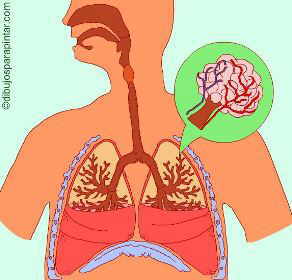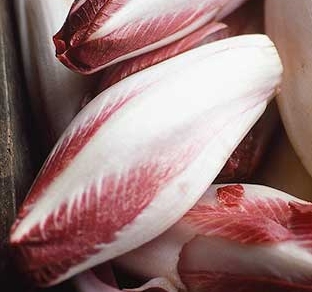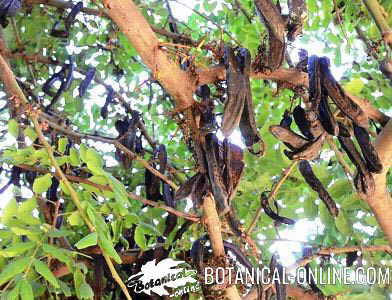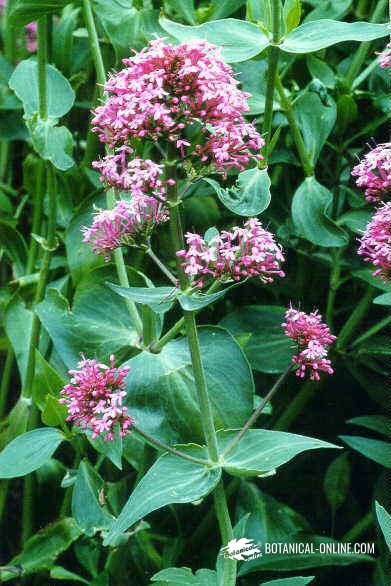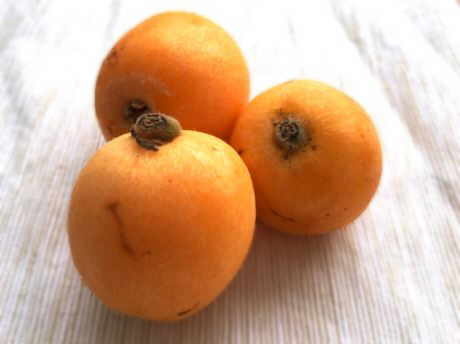Contents
Viola odorata L.
Is violet a toxic plant or does it have dangers?
Common violet (Viola odorata L.) is not a toxic plant. It is considered a safe plant in the recommended doses and in healthy adults. The part used of the plant are the young flowers and leaves.
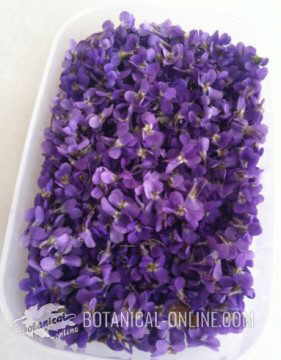
Photo of gathered violet flowers
Adverse effects and toxicity of violet
Violet is not a poisonous plant and its possible toxicity is mainly due to improper use or in higher doses than recommended.
It is considered a safe plant in general. Its possible adverse effects may be due mainly to the high content of saponins of the root.
Violet root saponins
The saponins of violet are found in greater concentration in the roots, which are not usually used in phytotherapy because of their emetic and purgative effects.
The aerial part of the plant, leaves and flowers, contain low doses of saponins, but in high doses it can be emetic.
Is it dangerous to eat violet?
The ingestion of flowers or leaves of common violet does not present dangers. It only presents toxicity in some cases of people sensitive to saponins (bitter principles).
Violet in pregnancy and lactation
The safety of the plant during pregnancy and lactation is not known. Due to its content in saponins, it could be contraindicated. Caution is advised regarding its use, and to consult with the medical professional.
Can children take violets?
Phytotherapy is a home remedy used for most childhood ailments of little severity. Among these, violet syrup is a traditional remedy for cold and cough in children.
There are no studies on the toxicity of this treatment in children, although the traditional use seems to confirm it as a non-toxic remedy for children. However, it should be mentioned that adults must be responsible when administering natural remedies to children. Violet contains salicylates, although in small quantities, so there is a risk of causing Reye syndrome if administered to children under 12 years (= same contraindication as aspirin).
On the other hand, children, naturally, are predisposed to suffer respiratory complications, since their airways are narrower. It is important to use these remedies with caution. If the child has cough, chest burdens, angina or snoring, that do not disappear or that get worse with the days, before this state becomes chronic.
Like medicines, plants should be used in controlled doses and children should be attended to to see if adverse effects appear.
![]() More information on violet.
More information on violet.

